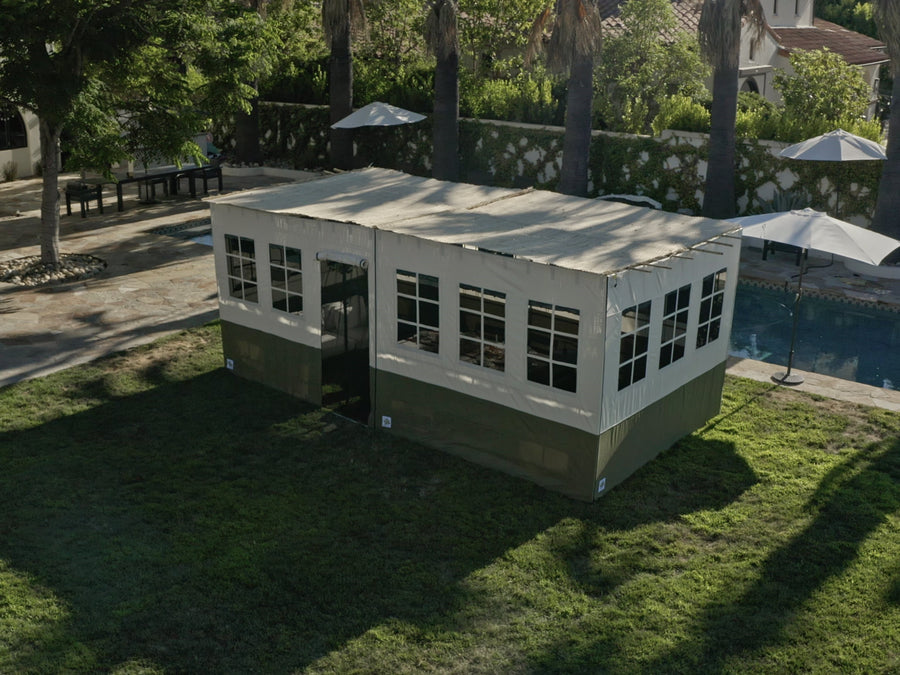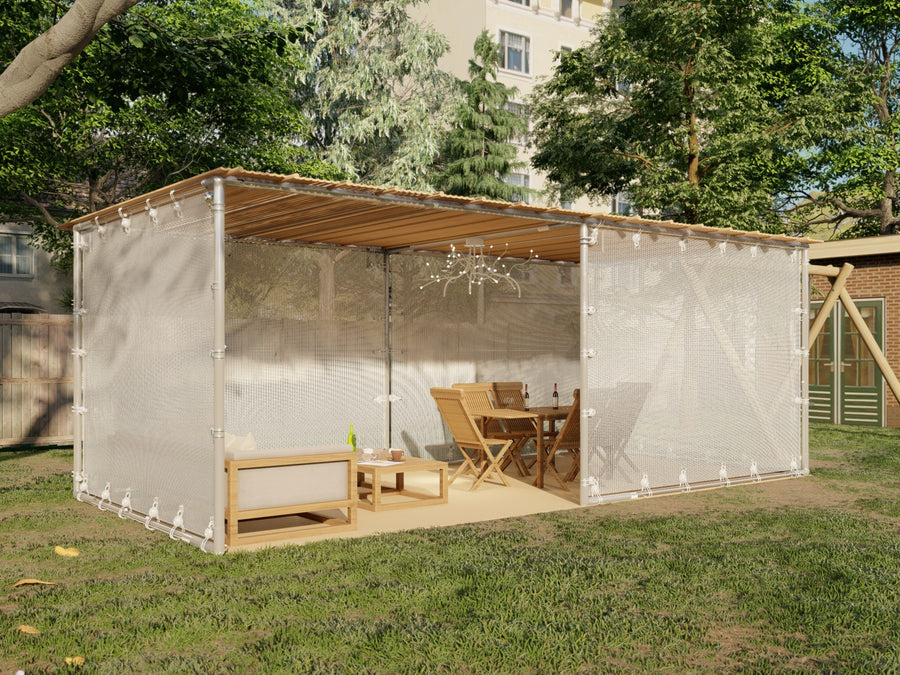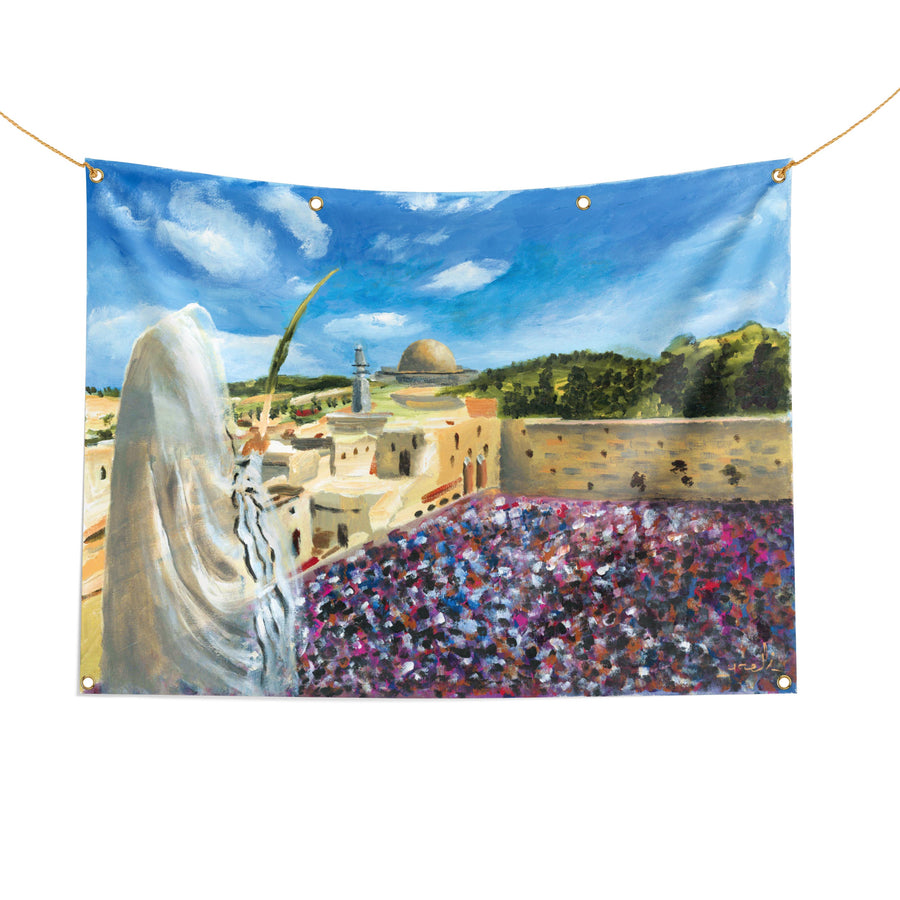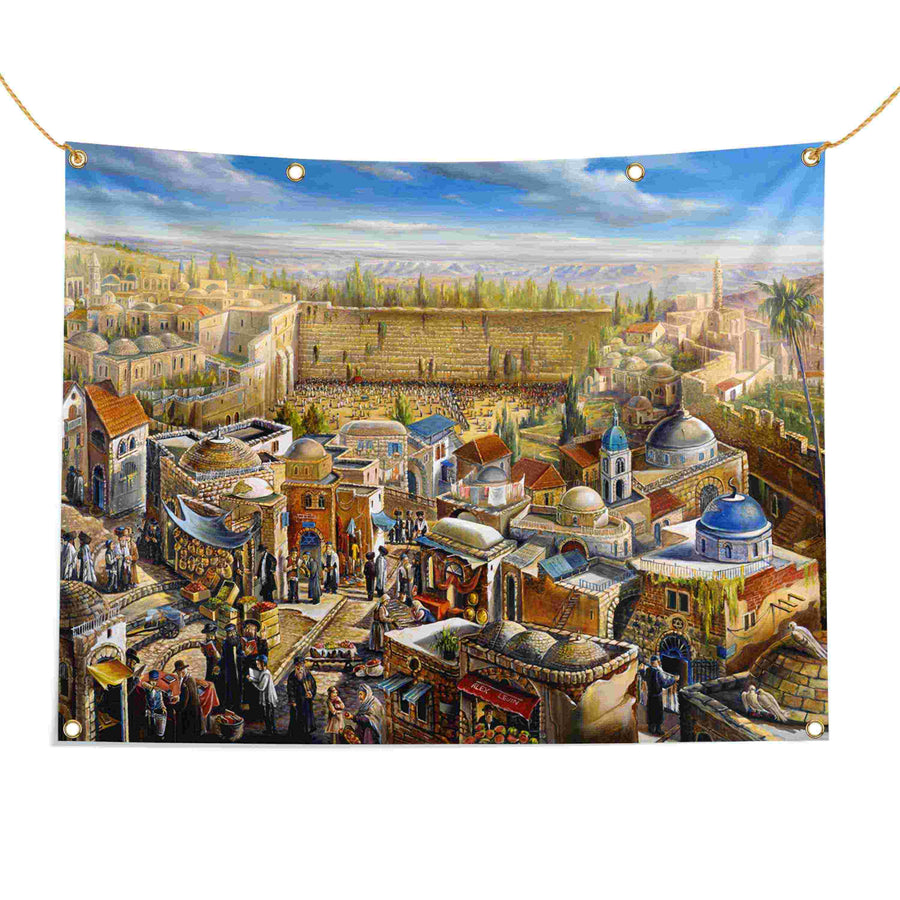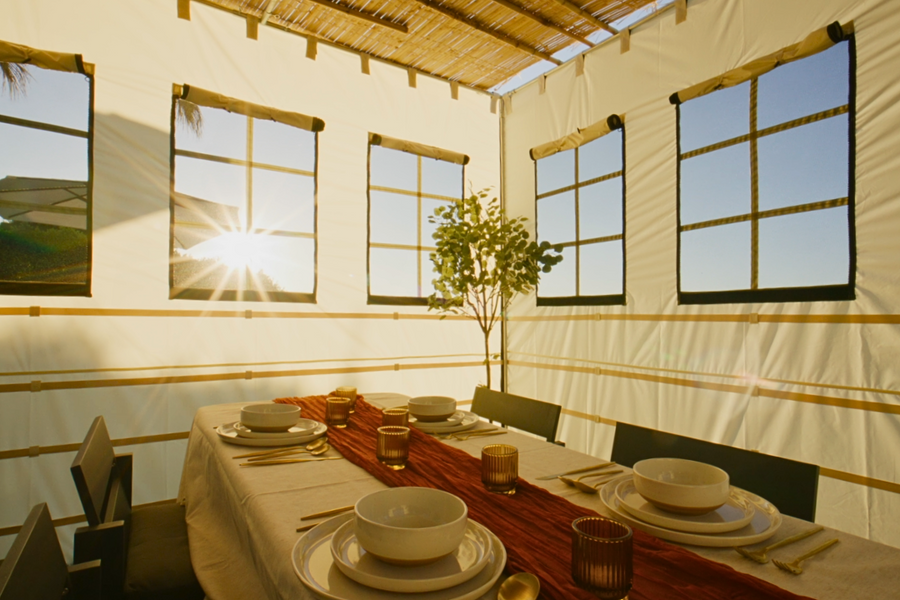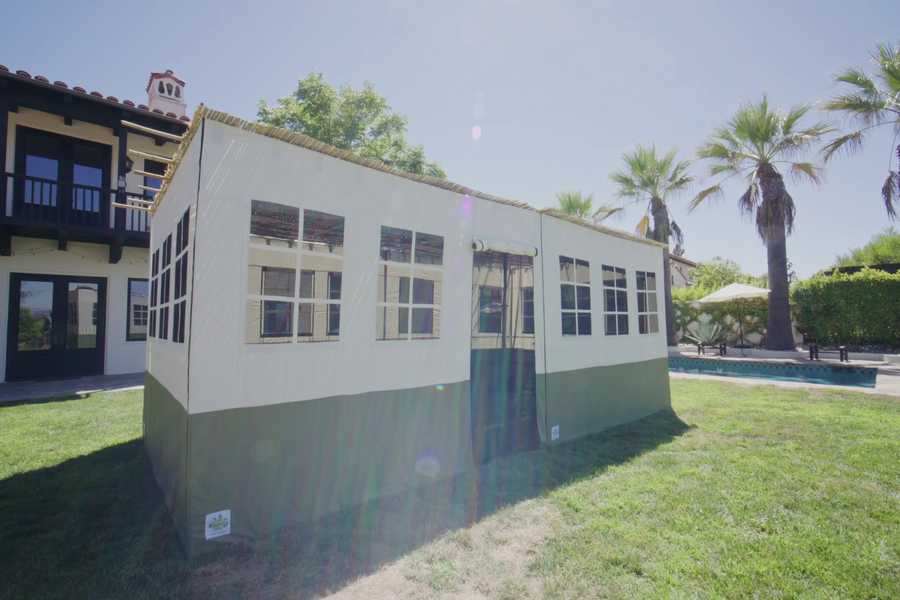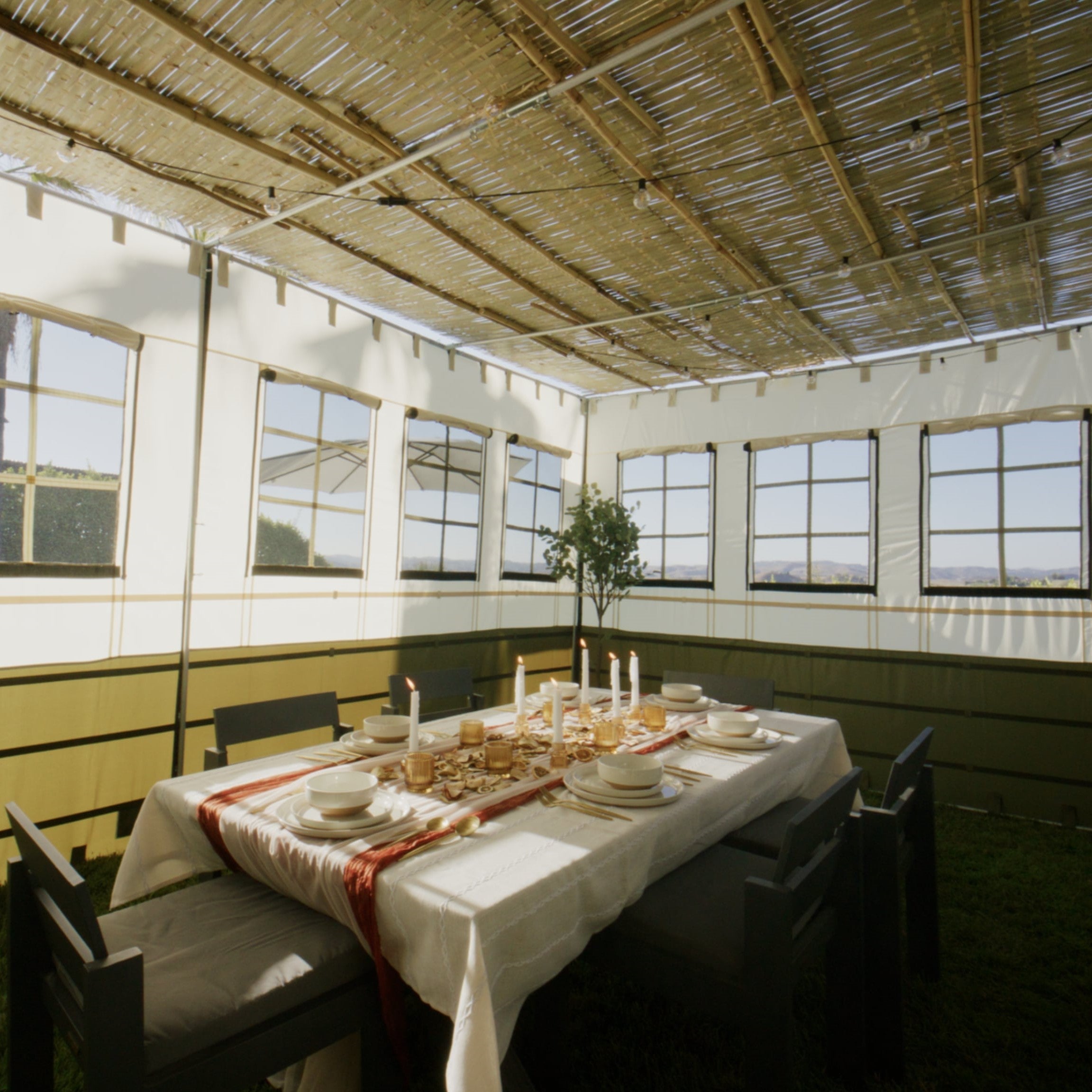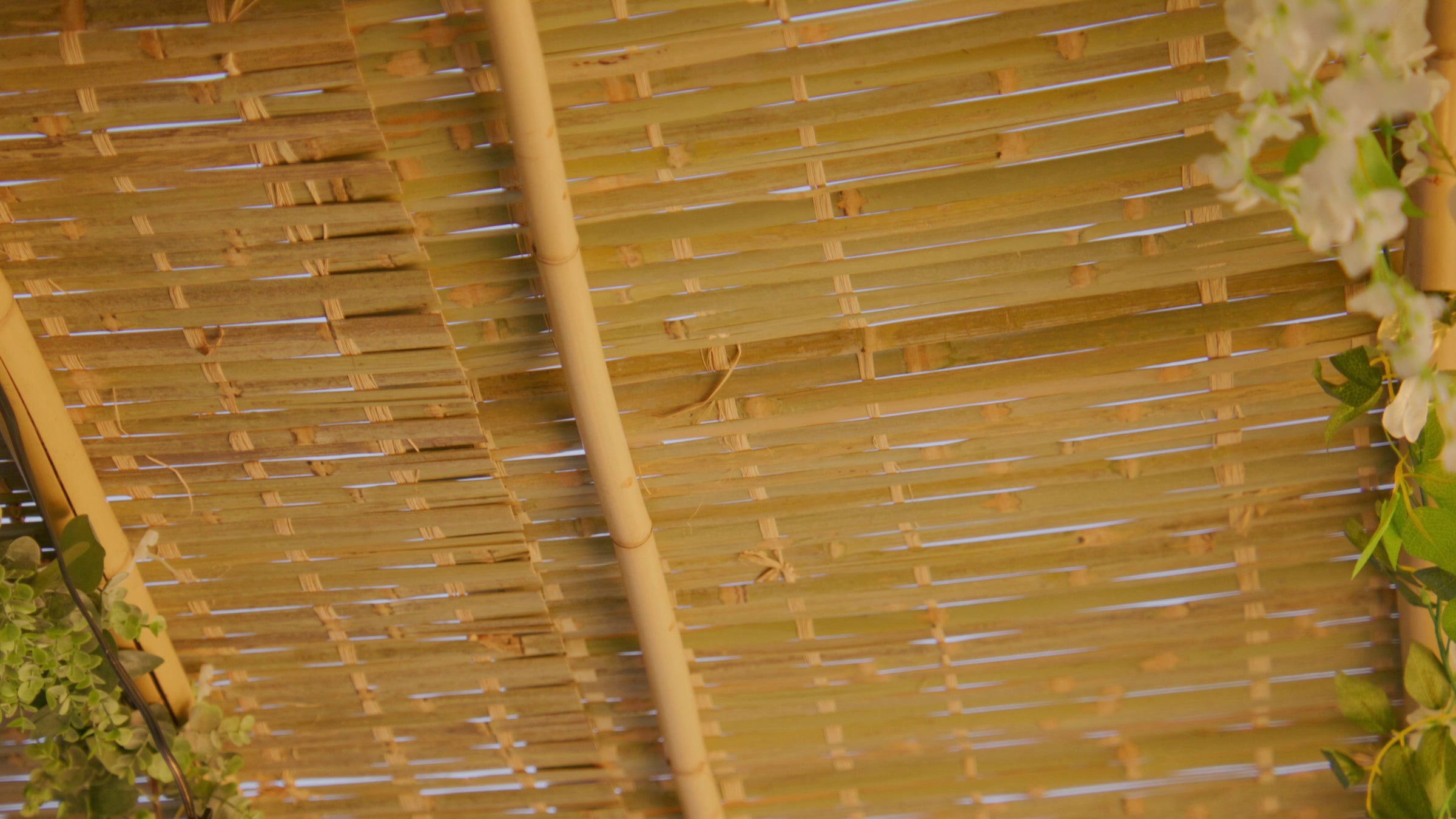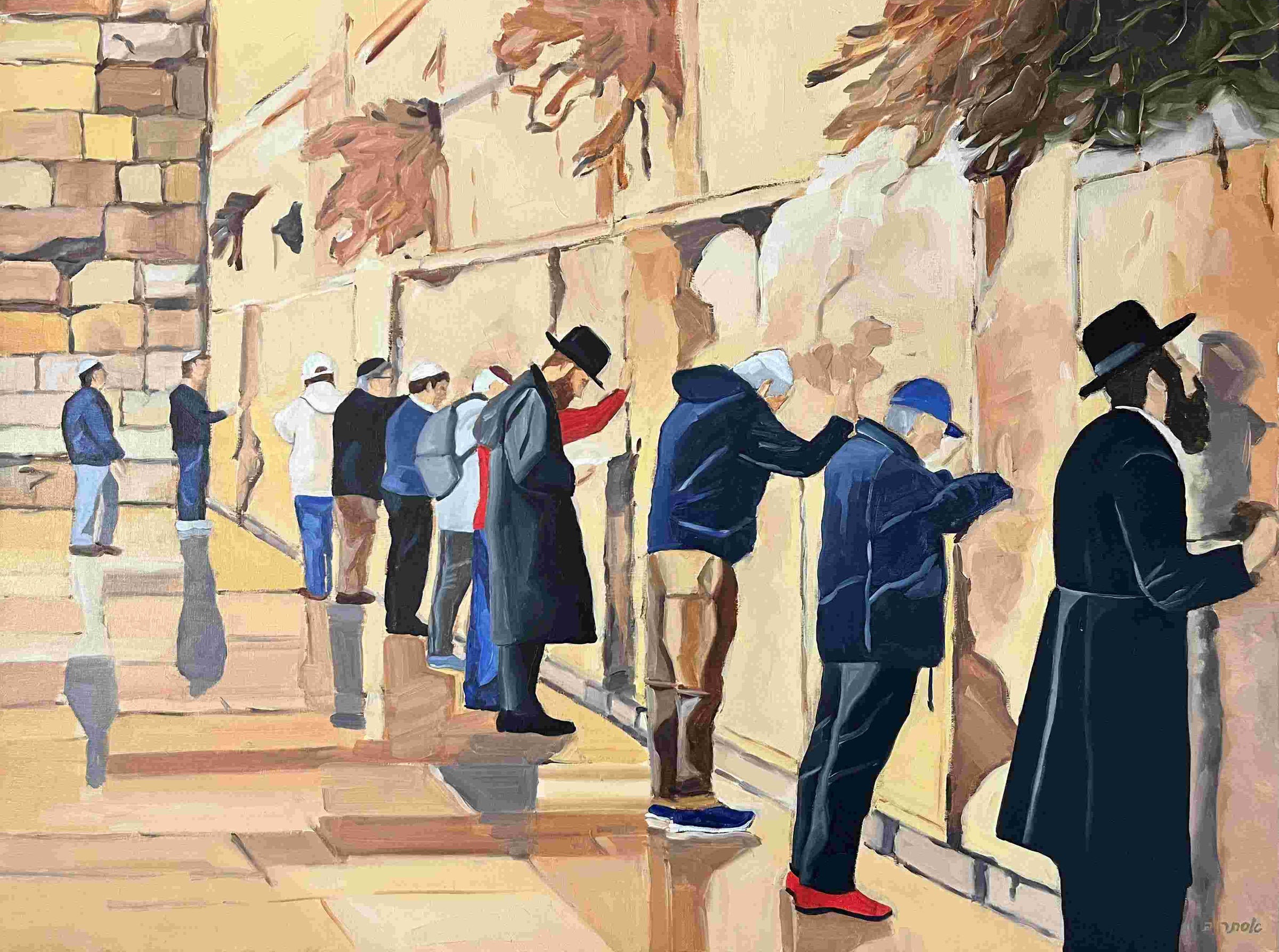

Table of contents
Get ready to dust off your candles for the menorah (or oil cups, if you’re fancy). Chanukah 2025 – or Hanukkah 2025, for those who prefer their transliterations extra “h” heavy – begins on Sunday evening, December 14, 2025, and runs through Monday, December 22, 2025.
That means eight bright nights of fried food, candlelight, and the occasional family debate over who’s responsible for buying more olive oil. But beyond the dreidels and latkes, Chanukah is packed with layers of meaning, history, and – if you peek into rabbinic literature – a few delightful debates that make this small holiday surprisingly rich.
Here’s a lighthearted look at four fascinating corners of Chanukah thought – spanning theological loopholes, halachic (Jewish legal) fine print, and one bold rabbi’s argument for a nine-day Chanukah.
1. Why Maoz Tzur Is a Chanukah Song (Even Though It Mentions Everything Else)
Every year, after lighting the menorah, families burst into song: Maoz Tzur Yeshuati – “Rock of My Salvation.” It’s a classic Chanukah melody, but if you actually read the words, you’ll notice something curious: it mentions Egypt, Babylon, Purim, and even hints at Sukkot. So why is it sung on Chanukah?
The answer lies in its structure. Each stanza of Maoz Tzur (literally, “Fortress of Rock”) recounts a different moment of Jewish deliverance: from Egypt (Pesach), from Babylonian exile, from Haman’s plot (Purim), and finally from the Seleucid Greeks – the Chanukah miracle itself. The poem ends with a prayer for future redemption, invoking “the seven shepherds” mentioned in Micah 5:4 and the Talmud (Sukkah 52b).
While it name-drops several holidays, Chanukah gets both the opening and closing spotlight – starting with “dedication of the altar” (chanukat hamizbeach) and ending with the Hasmonean victory. That’s why it stuck as a Chanukah anthem.
So yes, it’s a Chanukah song – but one with centuries of layered history, politics, and poetry baked in.
2. Why Adding Chanukah or Purim Isn’t “Adding to the Torah”
In the Torah, Devarim (Deuteronomy) 4:2 commands:
“Do not add to the word which I command you, nor diminish from it.”
At first glance, holidays like Chanukah and Purim might seem to break that rule. After all, G-d never commanded them in the Torah – both were instituted centuries later by rabbinic decree. Isn’t that…adding?
The rabbis, unsurprisingly, had thought this through. The Talmud Yerushalmi (Megillah 6b) addresses this exact concern. It concludes that the Megillah of Esther (Purim’s text) was permitted only after “hints” were found in the Torah – meaning that the concept of celebrating divine salvation was implicitly pre-approved.
As for Chanukah, later commentators like the Ritva extended that logic: if we praise G-d for freeing us from Egypt, it’s only fitting to praise Him for saving our lives from the Greeks. (Megillah 14a; Ritva ad loc.)
But what about that tricky blessing we recite:
“Blessed are You… who has sanctified us with His commandments and commanded us to light the Chanukah lights”?
Isn’t that a bit misleading, since G-d never directly said that?
Cue Rambam (Maimonides), who elegantly solved the problem. He explained that the command comes indirectly – because the Torah itself tells us to obey the sages:
“According to the instruction which they teach you…” (Devarim 17:11).
So when the rabbis tell us to light the menorah, and the Torah tells us to listen to them, it’s still G-d’s command – just one step removed (Hilchot Berachot 11:3).
In modern terms: it’s like your boss saying, “Follow what my deputy tells you.” If you do, you’re still following the boss’s command. That’s how Chanukah and Purim stay perfectly kosher under ‘Lo Tosifu’ – no divine plagiarism required.
3. Why Women Don’t Always Light Their Own Candles
Chanukah is one of those holidays where women are front and center in the miracle. The Talmudic phrase “Af hen hayu b’oto hanes” means “they too were part of the miracle.” It’s why women are obligated in mitzvot (commandments) like the four cups on Passover or lighting the menorah on Chanukah (Shabbat 23a).
So here’s the puzzle: if women were part of the miracle, why don’t they always light their own candles?
The answer lies in halachic nuance. The Mishnah Berurah quotes the Olas Shmuel, who explains that women are “tefeilot” – literally “secondary” or “attached” to their husbands’ household mitzvah performance. Since the commandment is ner ish u’beito – “a light for a man and his household” – a single menorah covers everyone in the home.
When the husband isn’t home, though, halacha says the wife should light on his behalf. In that case, she takes the lead, fulfilling the mitzvah for the household.
Some medieval authorities debated whether unmarried women should light on their own. The Hasam Sofer once worried it might raise modesty (tzniut) concerns when the lighting was done publicly in a window – but today, when most people light indoors, many poskim (halachic authorities) agree there’s no issue.
In short: yes, women were part of the miracle – and yes, they’re fully part of the mitzvah. It’s just that in most households, one menorah per home is enough to shine for everyone.
4. The Great “Nine-Day Chanukah” Theory
If you’ve ever wished Chanukah lasted just a little longer (or if you bought too many candles at the Judaica store), you’ll love this one.
The Minchat Chinuch suggests that in Temple times – when the calendar was set by actual moon sightings – communities far from Jerusalem might have celebrated a nine-day Chanukah. Without instant communication, people outside Israel wouldn’t always know which day Kislev began, so they might have added an “extra day” just in case.
Sound familiar? That’s exactly why Jews outside Israel keep an extra day of Passover, Sukkot, and Shavuot: the ancient uncertainty about when the month was declared.
The only reason we don’t do the same for Chanukah today, explains the Avudraham (as cited in Ta’amei HaMinhagim §864), is because Chanukah is rabbinic, not biblical (d’rabbanan vs. d’oraita). The “extra day” rule applies only to Torah-level holidays.
A later Chassidic interpretation (Sfas Emes) adds a spiritual spin: biblical holidays happened thousands of years ago, so we need extra days to reconnect to their light. Chanukah and Purim, by contrast, are relatively “recent,” so their spiritual energy is easier to tap into – eight days is plenty.
Wrapping It All Up
So as Hanukkah 2025 (aka Chanukah 2025) approaches, you can tell your friends not only when it starts – Sunday night, December 14 – but why we light, why we bless, why we sing, and even why we don’t add a ninth night.
It’s a festival that bridges the Torah and the Rabbis, women and men, light and history.
So stock up on oil, brush up on your Maoz Tzur, and remember: eight nights of light are just the right amount of miracle.
